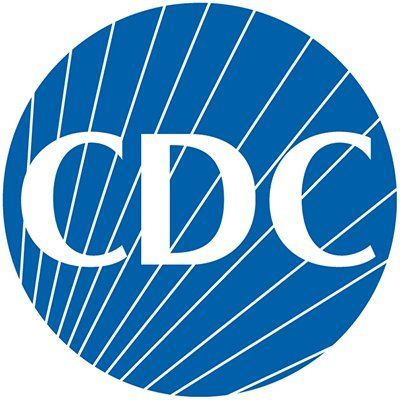Article
CDC Report Highlights Mental Health Issues During COVID-19
Author(s):
Adults between 18-29 see the largest increase in mental health issues during the pandemic.

It is widely known that pandemic and other outbreaks of disease can cause widespread mental health problems within a population.
In a new report produced by the US Centers for Disease Control & Prevention (CDC), researchers found the amount of adults with recent symptoms of an anxiety or depressive disorder increased from 36.4-41.5%, while the percentage of individuals reporting unmet mental health care needs increased from 9.2-11.7% between August 2020 and February 2021 due to the COVID-19 pandemic.
A team, led by Anjel Vahratian, PhD, National Center for Health Statistics, CDC, found these increases were largest among adults between 18-29 years old, as well as for individuals with less than a high school education.
“The percentage of adults who had symptoms of an anxiety or a depressive disorder during the past 7 days and those with unmet mental health needs during the past 4 weeks increased significantly from August 2020 to February 2021,” the authors wrote.
The Impact of COVID-19 Restrictions
While implemented to curtail the spread of COVID-19, measures like social restrictions, limits on operating non-essential businesses, and shelter-in-place orders likely increased the risk for mental health problems.
In the Household Pulse Survey, the researchers rapidly monitored changes in mental health statuses and access to care during the pandemic in a partnership between the CDC and US Census Bureau.
The survey is a rapid-response online survey that uses a probability-based sample design to measure the social and economic impact of the pandemic on households in the US.
Survey Results
Each respondent answers questions on mental health symptoms, which is validated on the four-item Patient Health Questionnaire (PHQ-4) for depression and anxiety and included how often during the previous 7 days each respondent had been bothered by feeling nervous, anxious, or on edge, not being able to stop or control worrying, having littler interest or pleasure in doing things, or feeling down, depressed, or hopeless.
The questions on mental health asked the respondents to identify during the previous 4 weeks they had taken prescription medication for their mental health, received counseling or therapy from a mental health professional, or needed but did not receive counseling or therapy from a mental health professional.
“Adults who had symptoms that generally occurred more than one half of the days or nearly every day were classified as having symptoms, consistent with published scoring recommendations,” the authors wrote.
Trends
The investigators described the different trends in the percentage of adults with symptoms of an anxiety of depressive disorder, as well as those who sought mental health services during the pandemic.
“HPS data can be used in near real time to evaluate the impact of strategies that address mental health status and care of adults during the COVID-19 pandemic and to guide interventions for groups that are disproportionately affected,” the authors wrote.
The report, “Symptoms of Anxiety or Depressive Disorder and Use of Mental Health Care Among Adults During the COVID-19 Pandemic — United States, August 2020–February 2021,” was published online by the CDC.




